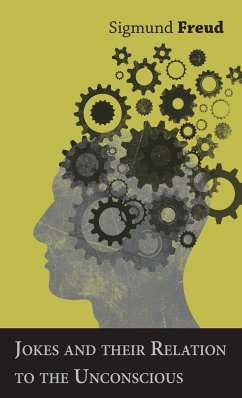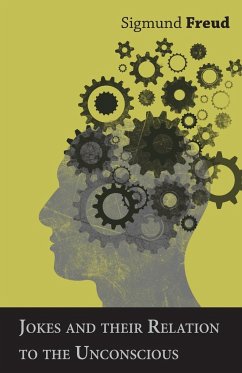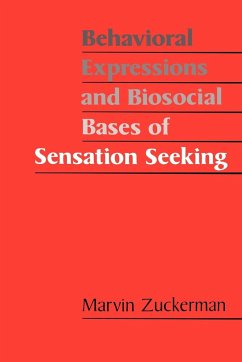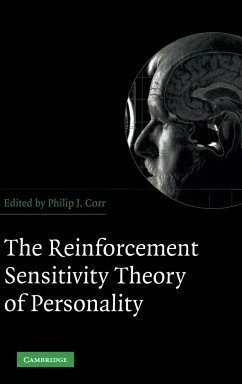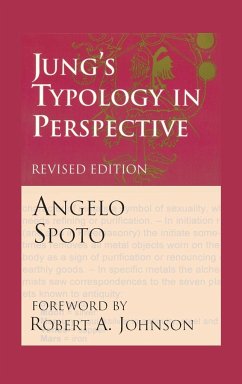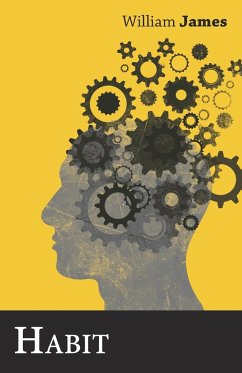
Habit
Versandkostenfrei!
Versandfertig in 1-2 Wochen
20,99 €
inkl. MwSt.
Weitere Ausgaben:

PAYBACK Punkte
10 °P sammeln!
William James's fascinating treatise explores the psychology of habitual behaviour in human beings, discussing the science of habit and it's drawbacks, benefits, negation, and more. This easy-to-digest volume is highly recommended for students and will appeal those with an interest in psychology. William James (1842 - 1910) was an American philosopher and psychologist. He is among the most influential thinkers of the late nineteenth century and is widely considered one of the most important philosophers in American history. Many vintage books such as this are becoming increasingly rare and exp...
William James's fascinating treatise explores the psychology of habitual behaviour in human beings, discussing the science of habit and it's drawbacks, benefits, negation, and more. This easy-to-digest volume is highly recommended for students and will appeal those with an interest in psychology. William James (1842 - 1910) was an American philosopher and psychologist. He is among the most influential thinkers of the late nineteenth century and is widely considered one of the most important philosophers in American history. Many vintage books such as this are becoming increasingly rare and expensive. We are republishing this volume now in an affordable, modern, high-quality edition complete with a specially commissioned new biography of the author.





